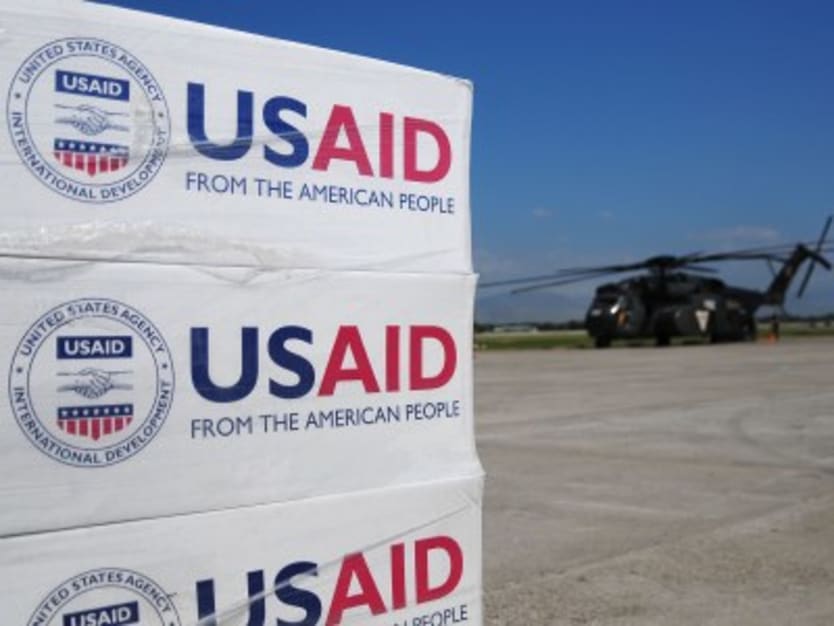
Now that U.S. President Barack Obama - correction, an automatic pen using his handwriting - has signed hard-fought legislation to avert the much-dreaded fiscal cliff, details are emerging on what its impact may be on foreign aid spending.
The quick answer: It’s not entirely clear.
What is clear, though, is that “the bill lowers the cap on discretionary spending, or the government money that Congress appropriates every year” including to foreign aid programs, as InterAction’s Senior Legislative Manager Jeremy Kadden writes. For fiscal 2013, the total discretionary spending cap is $1.043 trillion, $4 billion lower than the previous cap set in August 2011 via the Budget Control Act and representing a total annual spending cut of roughly 0.4 percent.
“If the cuts are distributed evenly across all agencies and departments (which is by no means a certainty),” writes Kadden, “a 0.4 percent cut to foreign assistance programs would translate into roughly $100 million less in FY2013 for the accounts InterAction cares most about.”
To be sure, this is complicated stuff, and Jordie Hannum, director of the Better World Campaign, shared a different assessment with the U.N. Dispatch.
“As international affairs spending is about 10 percent of non-defense discretionary spending, the cuts would presumably be about $300 million per year if applied across the board,” he told Mark Goldberg.
The cuts will be split evenly between “security” and “non-security” spending; foreign aid falls into the former category and thus will have to compete for funding with the Pentagon and Homeland Security Department, a mighty task.
Negotiations on the fiscal 2013 budget will start earnestly later this month after President Barack Obama unveils his spending proposal.
Meanwhile, negotiations are expected to heat up to avert sequestration, those automatic across-the-board cuts which the fiscal cliff deal delayed until March 27, the day government funding expires under a current stopgap continuing resolution. Expect another set of billion-dollar cuts, including to the so-called 150 account, which covers the State Department, Millennium Challenge Corp. and U.S. Agency for International Development.
By extending most provisions of the 2008 farm bill, the fiscal cliff deal also extended funding for the McGovern-Dole International Food Program, as well as for Title II agreements under the Food for Peace Act.
Lastly, the deal reinstates a policy that reduces the overall value of itemized deductions of taxpayers earning more than $250,000 per year, which might prompt some of them to give less to charity, including NGOs engaged in international development cooperation. Then again, the bill also permits seniors 70 and older to give, from their individual retirement accounts, up to $100,000 without tax penalty to qualified public charities, according to the Association of Fundraising Professionals.
Read more development aid news online, and subscribe to The Development Newswire to receive top international development headlines from the world’s leading donors, news sources and opinion leaders — emailed to you FREE every business day.








